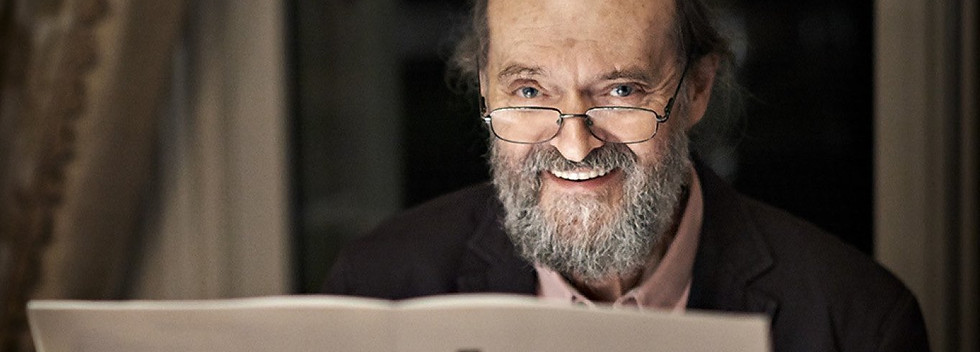
Arvo Pärt's PASSIO
The transcendent modern setting of the Saint John Passion, performed by the acclaimed modernist chamber group, The Facade Ensemble
Celebrating his 90th birthday, Arvo Pärt is possibly the greatest living composer and certainly the most performed. His style is beloved by millions for its tranquility and transparency, combining medieval and modern elements into a soundworld known as 'tintinnabuli', Latin for 'little bells'.
The iconic work Passio, setting Saint John's gospel account of the trial and crucifixion of Jesus, is perhaps the most genuine example of Pärt's tintinnabuli style, as the events are narrated by an ethereal evangelist quartet of singers, while the parts of Pilate and Jesus are sung by two soloists, joined by a small chamber group of violin, cello, oboe, bassoon and organ, in a transifixing meditative minimalist experience.
Written for the Bayerische Rundfunkchor in 1982, Passio is now regarded as one of the supreme works of modernist music and it can be in no better hands than those of The Facade Ensemble. A specialised orchestra for modernism, The Facade Ensemble ensure that the powerful and enduringly relevant works of the 20th century are not lost between the classical canon and contemporary commissions. Founded at Cambridge University by its artistic director Benedict Collins Rice, the group which began comprising National Youth Orchestra principals and Genesis Sixteen members now brings together Gramophone, BBC Music Magazine and Royal Philharmonic Society award-winners with BBC Radio 3 New Generation, Britten Pears and City Music Foundation artists. Currently ensemble-in-residence at The Courtauld Institute, they enjoy a reputation for 'razor-sharp' (The Arts Desk), 'first-rate' (MusicOMH) and 'stunning' (Robert Hugill) performances, proving time and again that modernist music - sadly often dismissed as 'difficult' - can be richly rewarding.

